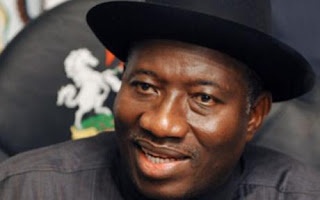Until last month’s declaration of a state of emergency by President Jonathan on Adamawa, Borno and Yobe states, insurgents had made life difficult to residents of some states in the north.
The new presidential directive, military sources disclosed was part of efforts of the federal government to ensure that the six months emergency regime in the affected states was not extended.
Already, the president has formally proscribed Boko Haram and Ansaru with heavy sanctions on their collaborators and members. An informed source in the security circle told our correspondent that the policy was part of the outcome of the last Security Council meeting held in the State House.
At the meeting on Tuesday were the National Security Adviser, all service chiefs, led by the Chief of Defence Staff, Admiral Ola Sa’ad Ibrahim, the Inspector-General of Police, the security chiefs, the ministers of state for defence, police and interior. It was presided by President Jonathan who reportedly told the Security Council that he wanted the Boko Haram menace to become a thing of the past within the shortest time possible.
After listening to the briefs from the military chiefs about the situation in the three states where the state of emergency is in force, President Jonathan expressed his satisfaction with them and told them that he had promised the whole world that the state of emergency declared in those states would be lifted before the six months allowed by the constitution. He then told them, ‘I want an end to the Boko Haram (sect) within the next three months’ and they all promised to do so, the source disclosed.
According to the source, Admiral Ibrahim assured the president that the rules of engagement were strictly obeyed and that civilian casualties were being avoided by the troops. It was then the idea of the proscription was mooted and adopted in order to discourage people from identifying with the sect.
The minister of state for defence, Erelu Olusola Obada, allegedly lamented how the insurgency had prevented the government from implementing the transformation agenda in the affected states and argued that if the presidential directive was enforced, the government would be able to make impact in the area before the 2015 general election.
http://leadership.ng/

No comments:
Post a Comment